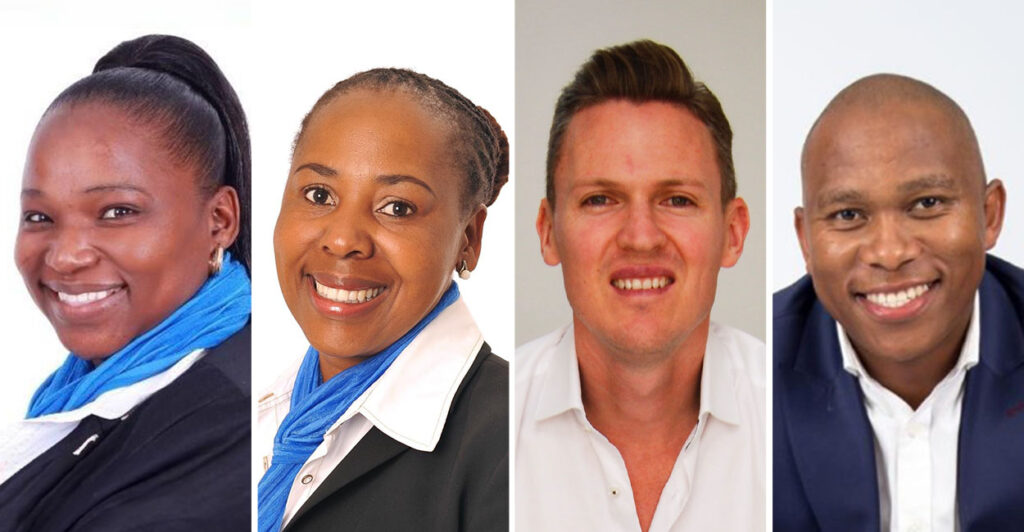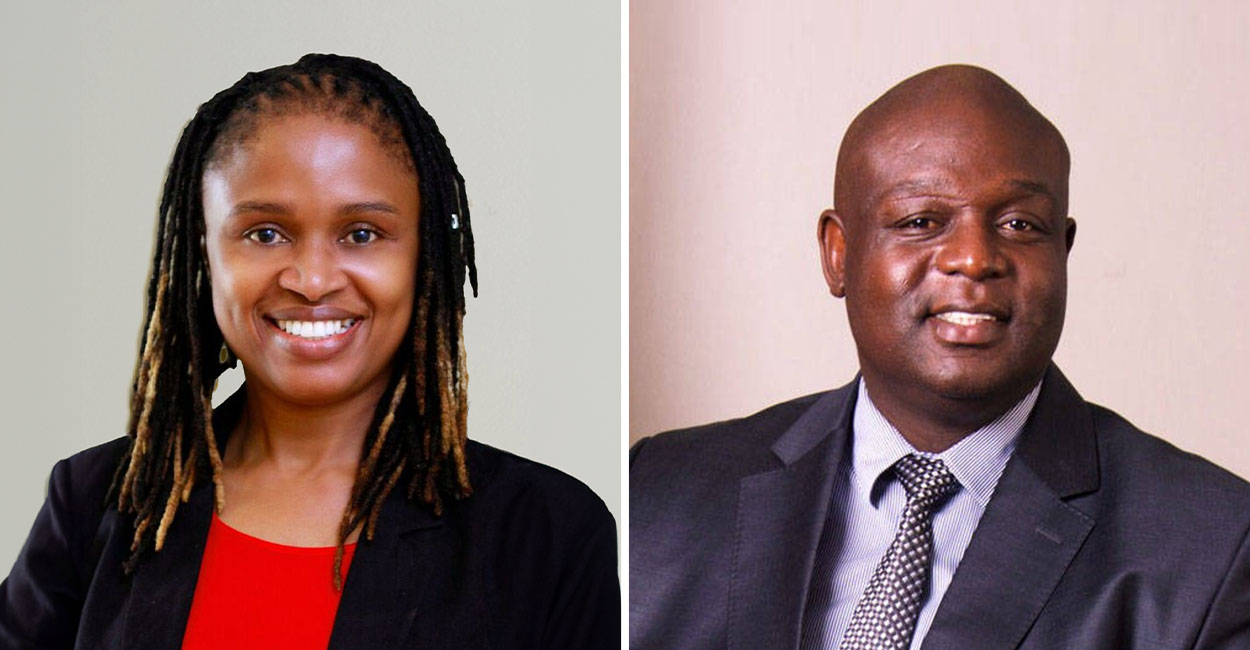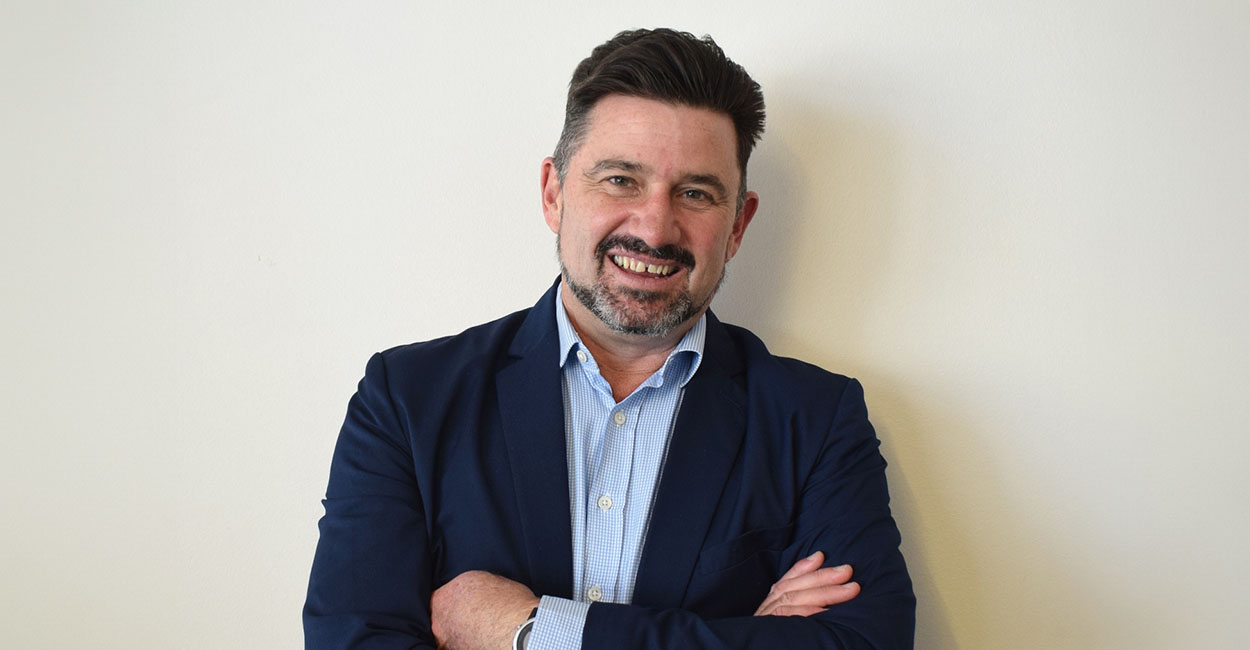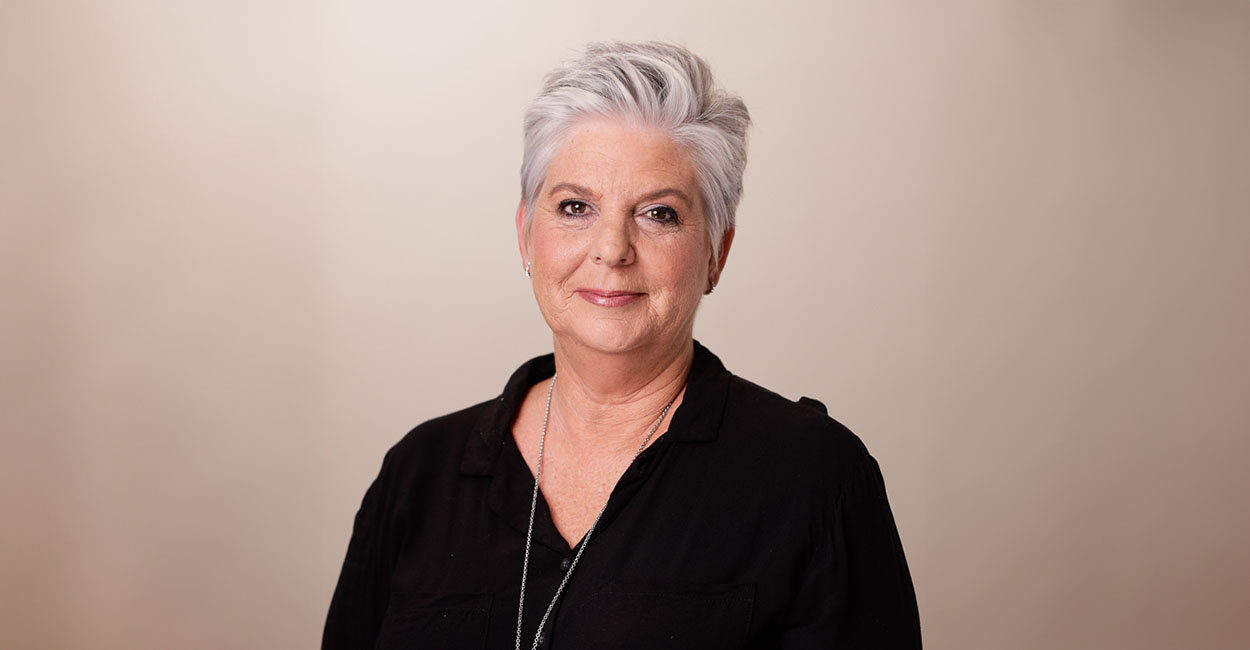MAIN IMAGE: Khosi Sibiya and Phindi Mphahlele – licensees for Seeff Soweto, Jonathan Kohler, CEO of Landsdowne Property Group, Sicelo Khumalo, principal property practitioner at Property Sales Machine
Staff writer
It’s all over the news: Soweto’s property market is booming. Lightstone confirmed this when it released stats showing that some 2,200 residential properties worth nearly R900 million were transacted last year, the highest annual sales value ever recorded in the township.
This is not the first time Soweto has been hailed as experiencing a boom. In 2019, a small uptick emerged when it was reported that a shortage of freestanding homes priced below R500 000 was the only factor holding back the township’s property market, yet it thrived regardless, even managing to weather the Covid storm.
Over the past two decades, Soweto has gained a strong reputation as a hub of growth and culture. Spanning some 200 square kilometres, it is home to an estimated 1.3 million people, living in 37 suburbs in 186,000 properties, which, says Lightstone, is more than double the 1994 figures.
Within this region are notable different types of properties. Soweto is no longer viewed as simply comprising low-cost housing; its offerings range from shacks to multi-million Rand homes, among them a large portfolio of rentals. Make no mistake, however, that this area remains marginalised given its high levels of prevailing poverty and unemployment.
Who is buying?
While 90 percent of residents are long-time residents, those who left the township to buy elsewhere and are now approaching retirement appear to be returning. Yet, as Khosi Sibiya and Phindi Mphahlele, licensees for Seeff Soweto, mention, first-time buyers are also escalating demand. It’s not surprising, really, with the growth in estates and sectional title development.
Jonathan Kohler, CEO of Landsdowne Property Group, one of SA’s largest residential and office real estate managers and which has been appointed to manage Orlando Towers Estate, makes the point that new models in urban living in traditional townships are on the increase on the back of the demand for secure lifestyle environments. “Developments like the Orlando Towers Estate help to improve the area’s appeal, especially to many young people who grew up in freestanding homes and are now transitioning into secure communal living.
“It also brings more purpose, enabling those who want to leave their maternal homes to still live in the area but in a development of their choice.”
Sibiya and Mphahlele concur with this view. “Many young people are taking the opportunity to get onto the property ladder given that a significant majority of transactions fall below R750,000 and almost all fall below R1.5 million.”
The two Seeff property practitioners give us deeper insight into the affordability of Soweto’s higher-end property values: “The more exclusive areas include Diepkloof with an average price of R2-million, Dobsonville at R1.5-million, and Pimville at R1-million. A top-end property in Diepkloof with three bedrooms and two garages is priced at R1.649 million, and you can purchase a four-bedroomed home with a garage and three flatlets in Dobsonville for R1.4 million.”
Price, rates, taxes and culture
We spoke to Sicelo Khumalo, principal property practitioner at Property Sales Machine, which he describes as a relatively new technology-driven and fast-growing real estate agency operating out of Soweto. The agency has 20 agents, and 40% of its listings are in Soweto. He confirms that the price range most in demand is the R650 000 – R850 000 bracket. “First-time buyers prefer the lowest range, and returning residents go for the higher price category from R850 000 to R1,050 million.”
Khumalo says the pull card to Soweto is really price, low rates, taxes and culture … “in that order”. But what is intriguing is Khumalo’s confirmation that “while prices have basically stayed the same in Soweto since last year, there has been a spike in investment property prices.
“These are properties that have multiple rental units/bachelor apartments, which are highly in demand. As a result, I would say that as much as 35% of buyers buy for this purpose. A growing number of buyers are also buying to convert properties to student accommodation.”
Finally, it seems Soweto is getting the recognition it deserves following its urban renewal and, perhaps, a certain level of gentrification. While gentrification does raise property value, it does, however, come with a reputation of displacement of original residents. Given the township is home to thousands of low-income groups, it is hoped that policymakers will ensure that measures are put in place to protect the roofs over their heads.








